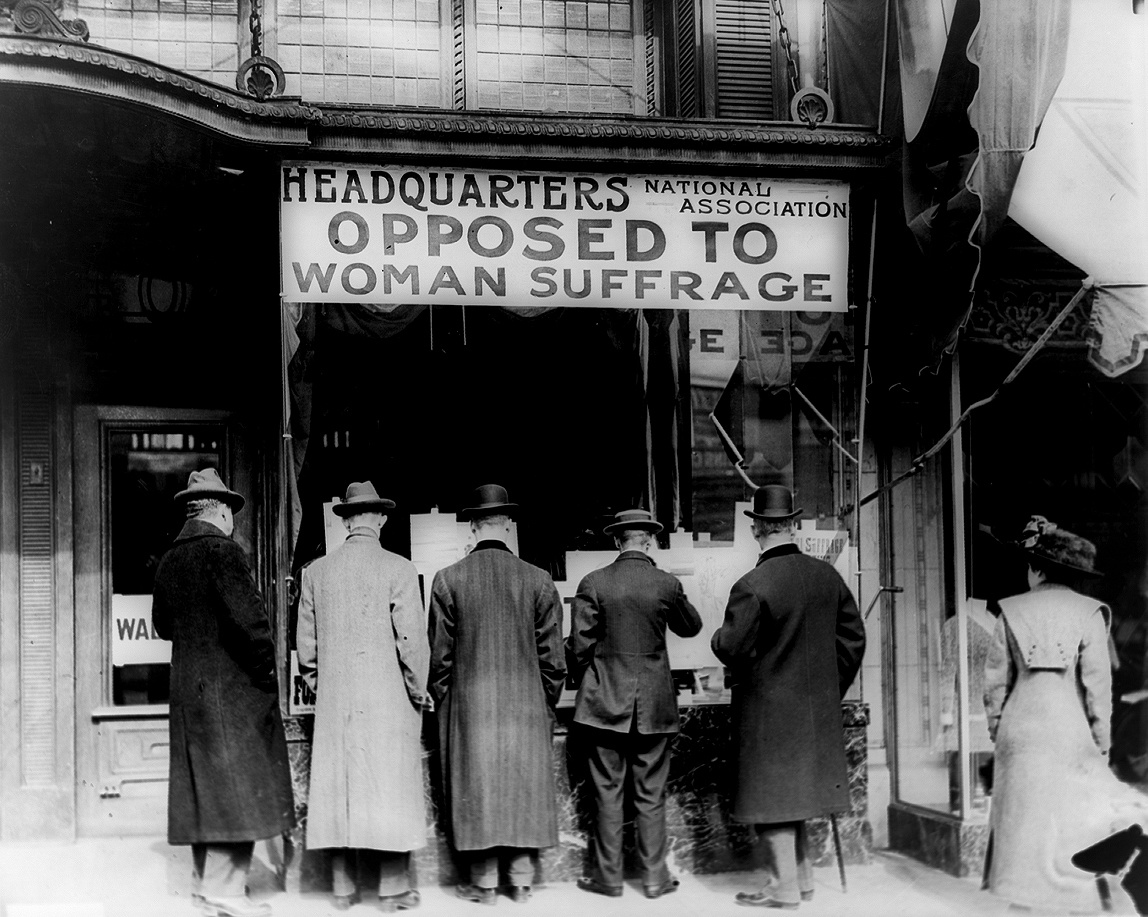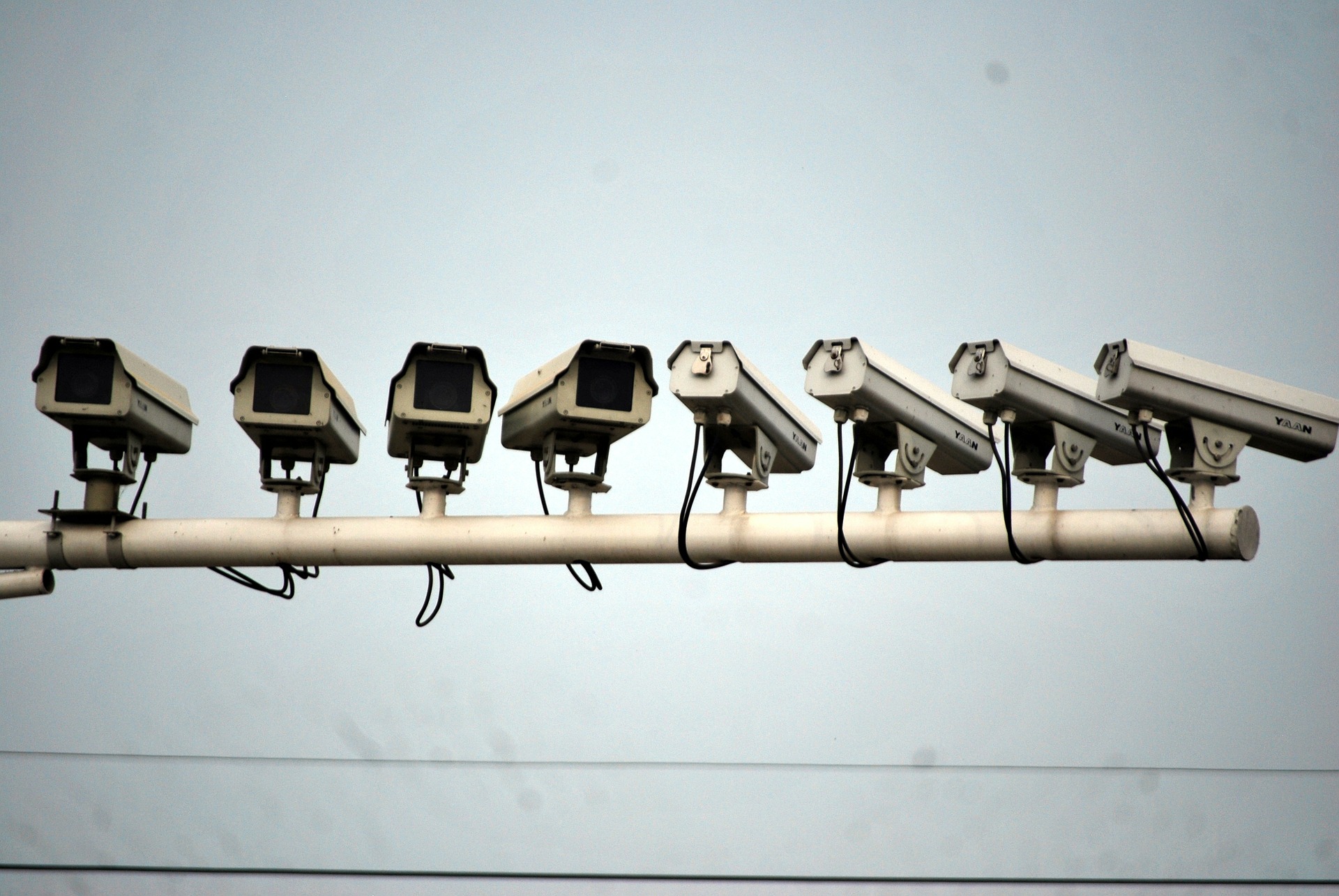
Plagiarism and cheating: two words that students come across again and again throughout their academic experience at Sussex. Although it would be surprising to come across a student unfamiliar with these terms, there are serious question marks hanging over how much is really known by students about the academic misconduct process. Asking a selection of students around campus, all were aware of what plagiarism is and that it carried extremely serious penalties, yet very few were aware of the process that would happen if they were to be actually accused of deliberately copying from another student, from textbooks or from the internet. In theory, each and every fresher who joins the University should have a clear understanding of both what is considered as cheating in either exams or coursework and the process that would occur if they were to be accused. Why, then do some students seem so unclear?
Students accused of academic misconduct as Sussex must face an academic panel made up of two academics working at the University and a student representative, who for this year will be part of Kit Bradshaw’s responsibilities as Communications Officer. Whilst this is undoubtedly a very upsetting experience for students, it is important to stress that the process is as tough but fair as possible. The panel asks students whether they accept that plagiarism has occurred and ensures that students understand any allegations they face. The Chair then asks whoever is presenting the case to explain what they found when marking that led to the suspicion of academic misconduct, taking in to account any relevant mitigating circumstances, before the panel discuss and agree on an appropriate penalty. Students may bring with them representatives from the advice centre, and the communications officer’s presence on the panel aims to bring a student’s perspective to the panel itself. However, current Communications Officer Kit admits that despite being a student at Sussex, he had never heard of these panels before taking a role as Student representative. Can the fact that students seem so unaware mean that the process could be considered secretive or almost underground? There is also evidence to suggest that not all students are aware of what does and doesn’t count as misconduct when it comes to producing written work. Plagiarism is the most talked about and most common but is by no means the only offence. Collusion, or in other words, two students working together, is another example. It is important to realise that even as simple and perhaps seemingly innocent as a friend reading through an essay and suggesting further points or ideas could lead to serious trouble. Tempting as it is to join forces with others on difficult pieces of work, student must ensure everything they submit is completely their own.
There is another difficult issue facing the academic misconduct process. A considerably higher number of international students are accused of academic misconduct. Although international students make up only around a third of the entire student population, around half of all academic misconduct hearings concern those from overseas. Both academics appearing on the panels and student support services have acknowledged that this is a serious issue that needs to be looked at in considerably closer details. Interestingly, this issue has also been acknowledged by Universities across the UK and even internationally. The University of Windsor in Canada, for example, surveyed how many international students were being cited for academic misconduct when compared with their Canadian counterparts, and found that one in 53 international students had been accused compared with one in 1,122 Canadian. Clearly, a lingual and perhaps cultural barrier may lie at the heart of such a wide rooted problem. It is perhaps unsurprising that students for whom English is not their first language may find it more difficult to quote properly from academic sources or find the difference between paraphrasing and plagiarising harder to understand. Similarly, learning how to correctly use complex methods of referencing can often faze students whose mother tongue is English, a problem made a hundred times worse for students still learning a language and even an alphabet very different to their own.
Language difficulties are not the only barrier facing international students who may accidentally commit academic misconduct. International students have always been an integral part of the University of Sussex, with students coming across the globe from over 120 different countries. However, it may be that the University has struggled to adapt quickly enough to the number of students arriving from countries from vastly different cultural outlooks, from food, to fashion – to different concepts on what is and isn’t cheating. A study carried out by the London Metropolitan University found that a significant number of Asian students had never even come across the term plagiarism before attending University. The study also uncovered an interesting cultural difference in how copying is perceived. Many international students remarked that they had been actively encouraged to copy from textbooks (although not from each other) whilst at school, believing that doing so was not cheating, but ‘complimenting’ the original author. For some, learning off by heart and reusing the information is simply what they have been told to do throughout their previous education. Whilst not an excuse for plagiarism, it is also well worth remembering that Chinese and Indian students are often subject to intense levels of pressure to achieve the highest possible grades by close relatives, a serious temptation for bending the rules regarding academic conduct.
There is no doubt that plagiarism and indeed any other kind of academic cheating is a serious offence that should be punished. In order to keep the University of Sussex a fair environment in which all students have a level playing field, it is important that any suspected cases of academic misconduct are closely looked at and analysed. The University had already taken a number of key steps to ensure that academic panels are as fair and as infrequent as possible. In June 2010, for example, both the Students Union and the University felt far too many cases of plagiarism were taken before the panels. By introducing Turnitin, a text matching tool, and offering students workshops for first cases of plagiarism, the number of cases halved from 162 in summer 2010 to 72 in summer 2011. The University also commented that ‘we know making the transition to studying at university level can be challenging especially so for students who arrive at Sussex from countries with different learning cultures, eg those who are used to rote learning. That is why we also offer international students workshops during their induction to help them prepare for studying in the UK.’ Despite these positive steps, it could be argued that further steps still need to be taken. It is vital all students across all departments clearly understand not only what counts as academic misconduct, but how the University chooses to tackle those accused. Perhaps what is needed is a more through explanation of the academic misconduct process to all but especially international students arriving at the University, to ensure everyone is aware of the consequences of cheating.
Words by Emily Sutherland




